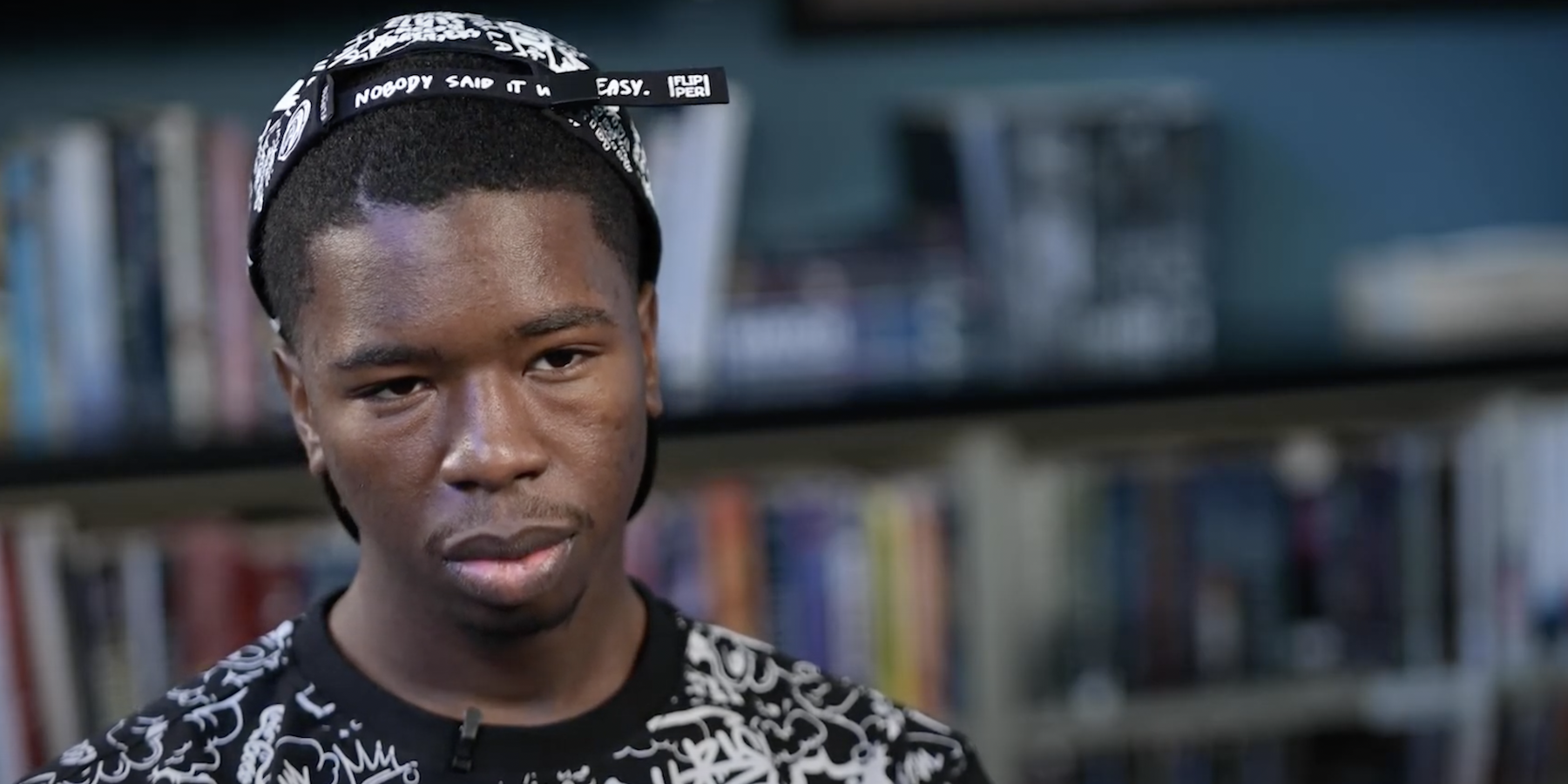
What if your life hinged on decisions you made as a teenager?
What if your life hinged on decisions you made as a teenager?
That’s the dilemma facing three young Black men at the Rogue Valley Youth Correctional Facility in Grants Pass, Oregon. Sentenced for low-level offenses, each took a plea in their mid-teens and have spent the past decade incarcerated under a mandatory sentencing law passed decades ago amid the nation’s “tough-on-crime” era - Measure 11.
The story of laws like Measure 11 are well known today. For decades, politicians jockeyed for the approval of voters and constituents, proclaiming they would be harder on criminals than the rest, promising their communities safety and security and waging a “War on Drugs.” Mandatory sentencing laws became an answer, providing an avenue for states across the nation to lock up offenders more quickly, efficiently, and for longer sentences.
Measure 11 was no different, as its proponents sought to crack down hard on capitol offenders, focusing their message on crimes like rape and murder. With an inflammatory, often misleading message, the move toward Measure 11 instilled within the public a distinct sense of fear that the state was being overwhelmed with criminals. In 1994, the public passed the measure 788,695 votes in favor, and 412,816 votes against.
In the decades to come, many states would repeal such sentencing laws amid mounting recognition that locking thousands of citizens behind bars was costly, failed to eliminate crime and disproportionately affected minority groups. Oregon was not one of these states.
After 26 years, Measure 11 has left an indelible impact on Oregon. The state has incarcerated young people, and particularly youth of color, at a higher rate than almost any state in the country.
Over the past two decades, lawmakers have slowly softened Measure 11’s penalties for juveniles. In 2019, the Legislature passed Senate Bill 1008, allowing youth offenders to start their cases in the juvenile court system, creating “second look” hearings to determine halfway through a sentence if an offender can possibly be released, and prohibiting life without parole for children younger than 18.
That bill, however, is not retroactive, and today youth Oregonians are in similar situations to Gaters, Clarke and Murphy. But these three men face a new, daunting possibility: at age 25, they will be sent to a state prison, where they will serve the remainder of their sentence. Now, two are seeking clemency from Oregon Gov. Kate Brown, and the third is requesting that a court reconsider his case, placing him at risk of an extended sentence.
The story of Measure 11 parallels that of many policies from the past several decades - policies that many civil rights advocates, politicians, experts, and many criminal justice workers say has deepened inequalities based solely around the color of one’s skin. Though change is in motion and perspective is slowly beginning to shift, one must look back to truly understand the story of how Measure 11 shaped Oregon’s criminal justice system with any hope to improve upon it. And one must hear the stories of three young men whose lives have been forever shaped by it.
Hear their stories.
The Public Plea Podcast examines the history, causes and effects of Oregon’s Measure 11 mandatory minimum sentencing bill. Since voters approved the legislation in 1994, criminal justice reformists have questioned the validity of the bill. They point to racial disparities in convictions as evidence that Measure 11 is fundamentally flawed. Supporters of the bill, meanwhile, believe that it establishes judicial standards to properly punish violent offenders.
Follow along as the Public Plea team interviews lawyers, politicians, those convicted, and their families to further examine a complex and ever-evolving story.
“After 26 years, Measure 11 has left an indelible impact on Oregon. The state has incarcerated young people, and particularly youth of color, at a higher rate than almost any state in the country.”

Interested in donating to support our work?
Head to our GoFundMe page to find out how you can move the story forward through a tax-deductible donation to the Public Plea story team.
Our Partners
Our Team
Executive Producer | Ed Madison
Directors | Jordan Bentz & Ed Madison
Second Unit Videography | Jasmine Jackson
Writer | Bryce Dole
Podcast Producer | Sararosa Davies
Photojournalist | Denise Silfee
Researchers | Jassy McKinley & Kate Jaques Prentice
Production Consultants | Sutton Raphael & Jasmine Jackson
Get in touch.
The Public Plea Team is always looking to expand the scope of our story. Reach out with any interview suggestions, story tips, investigative leads, or feedback.
We’re always listening, and we’re always keen to hear how we can move the story forward.





